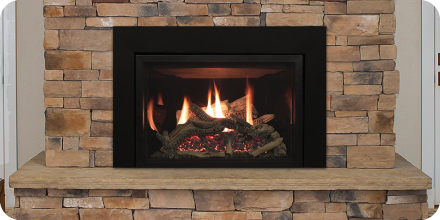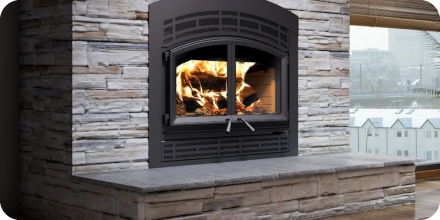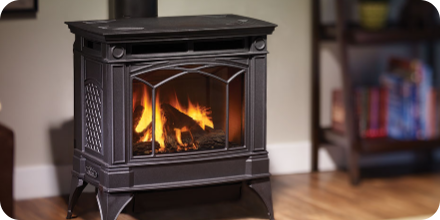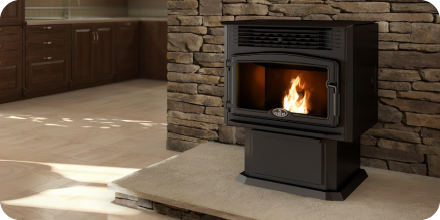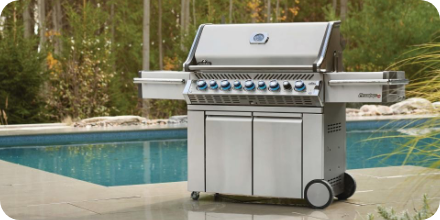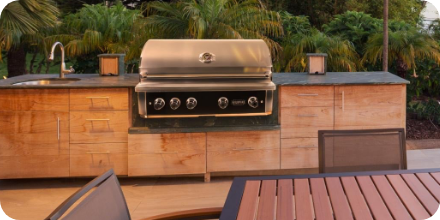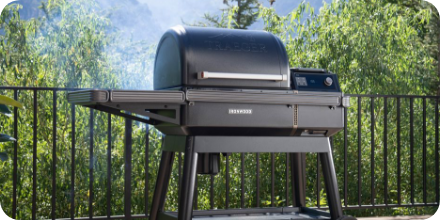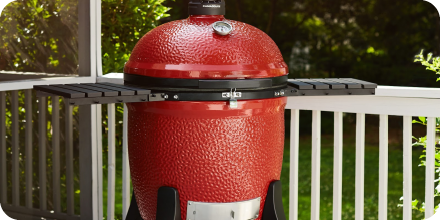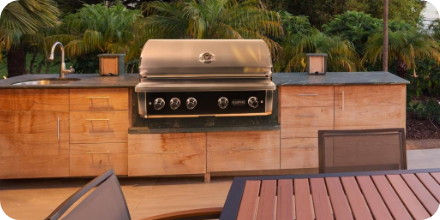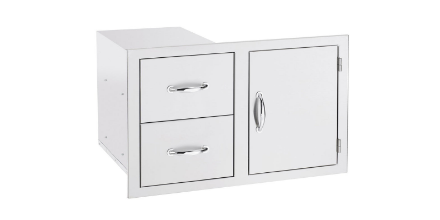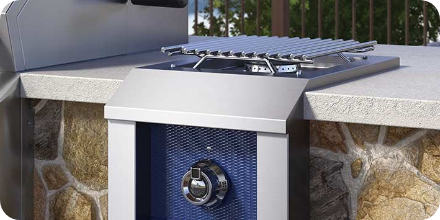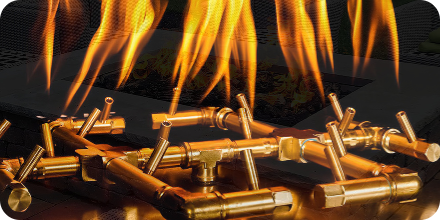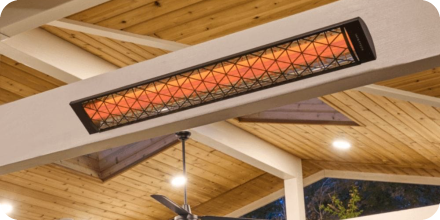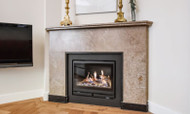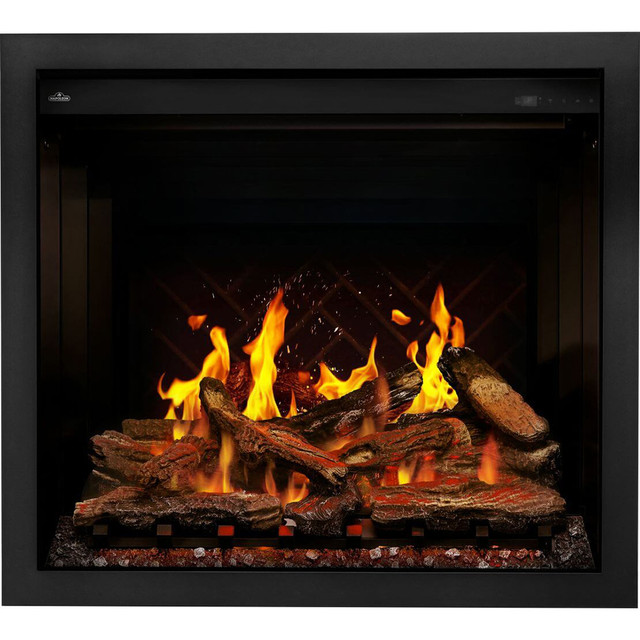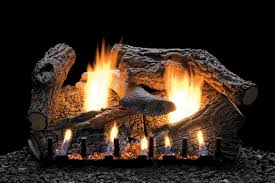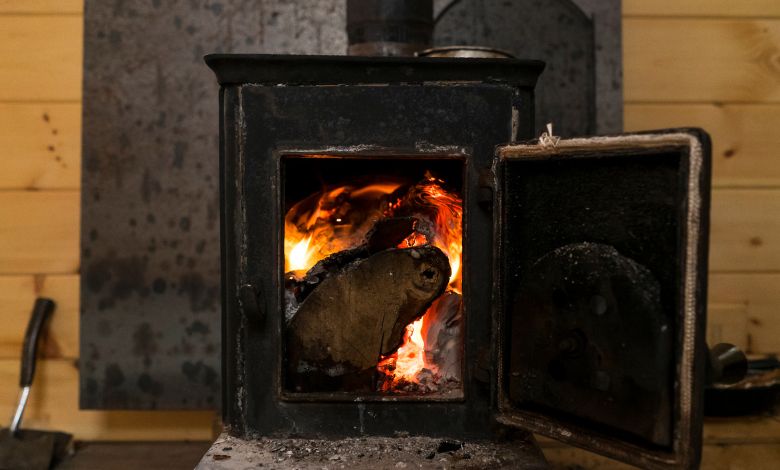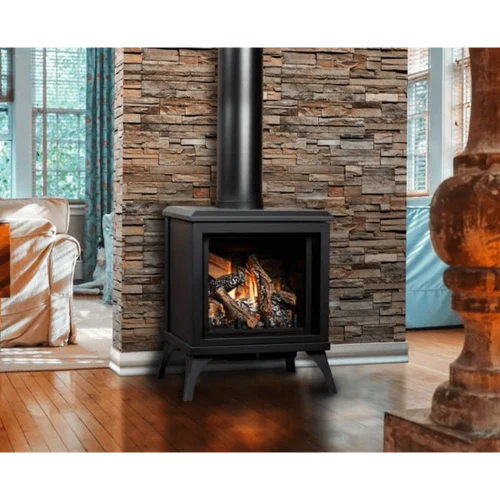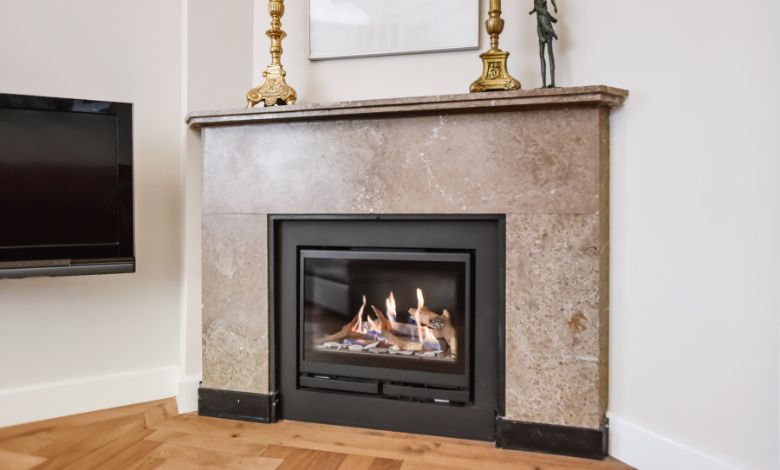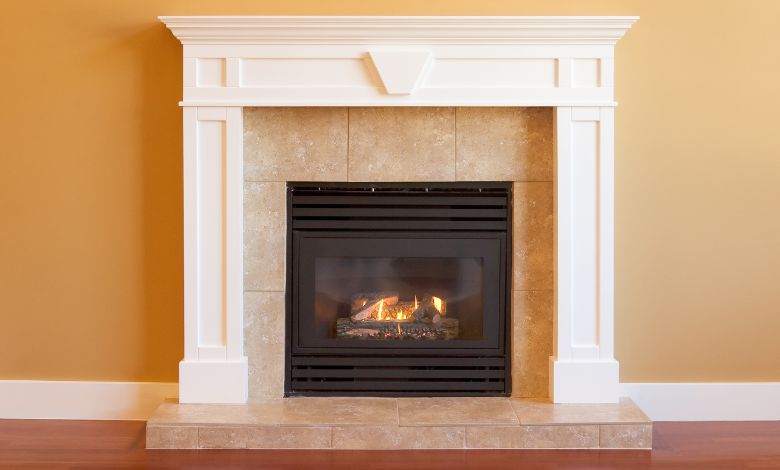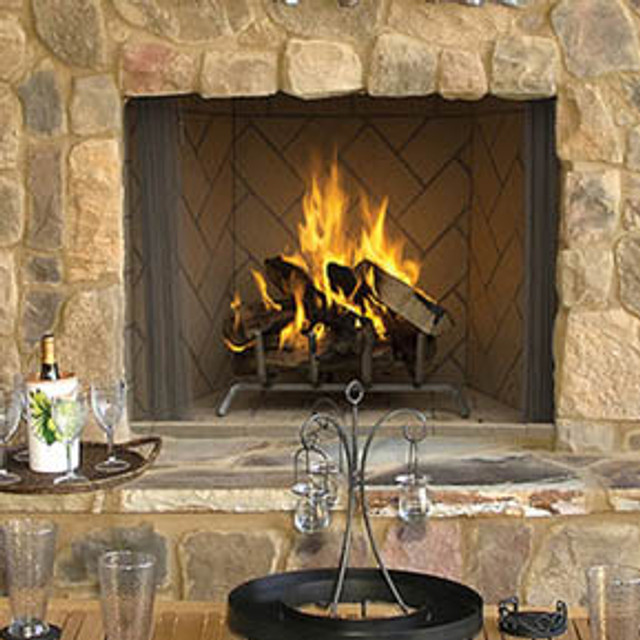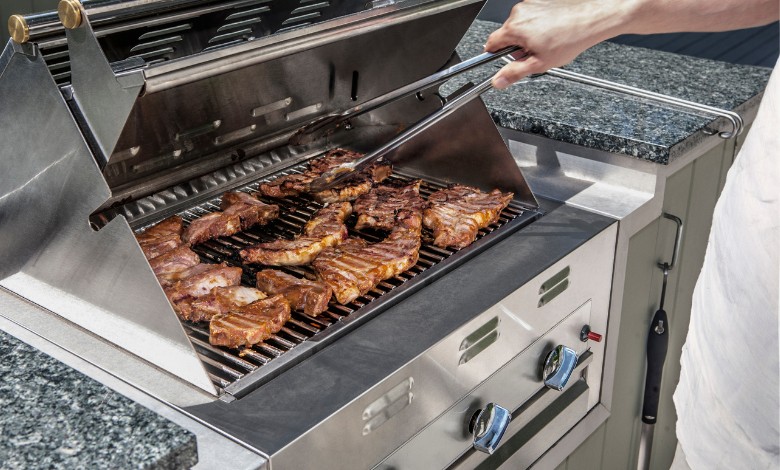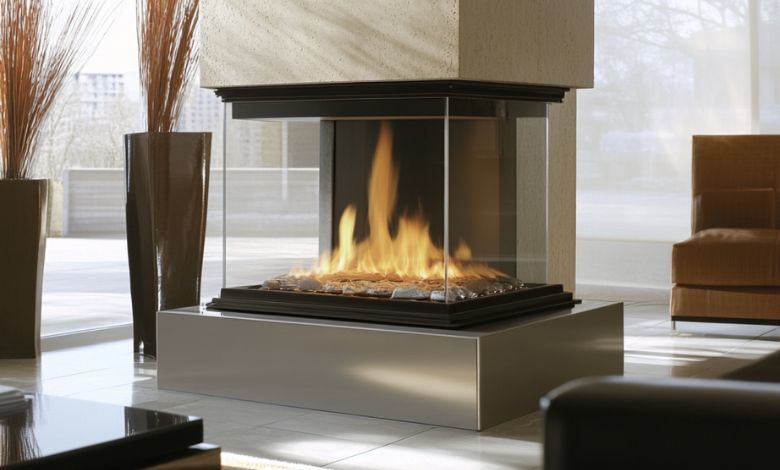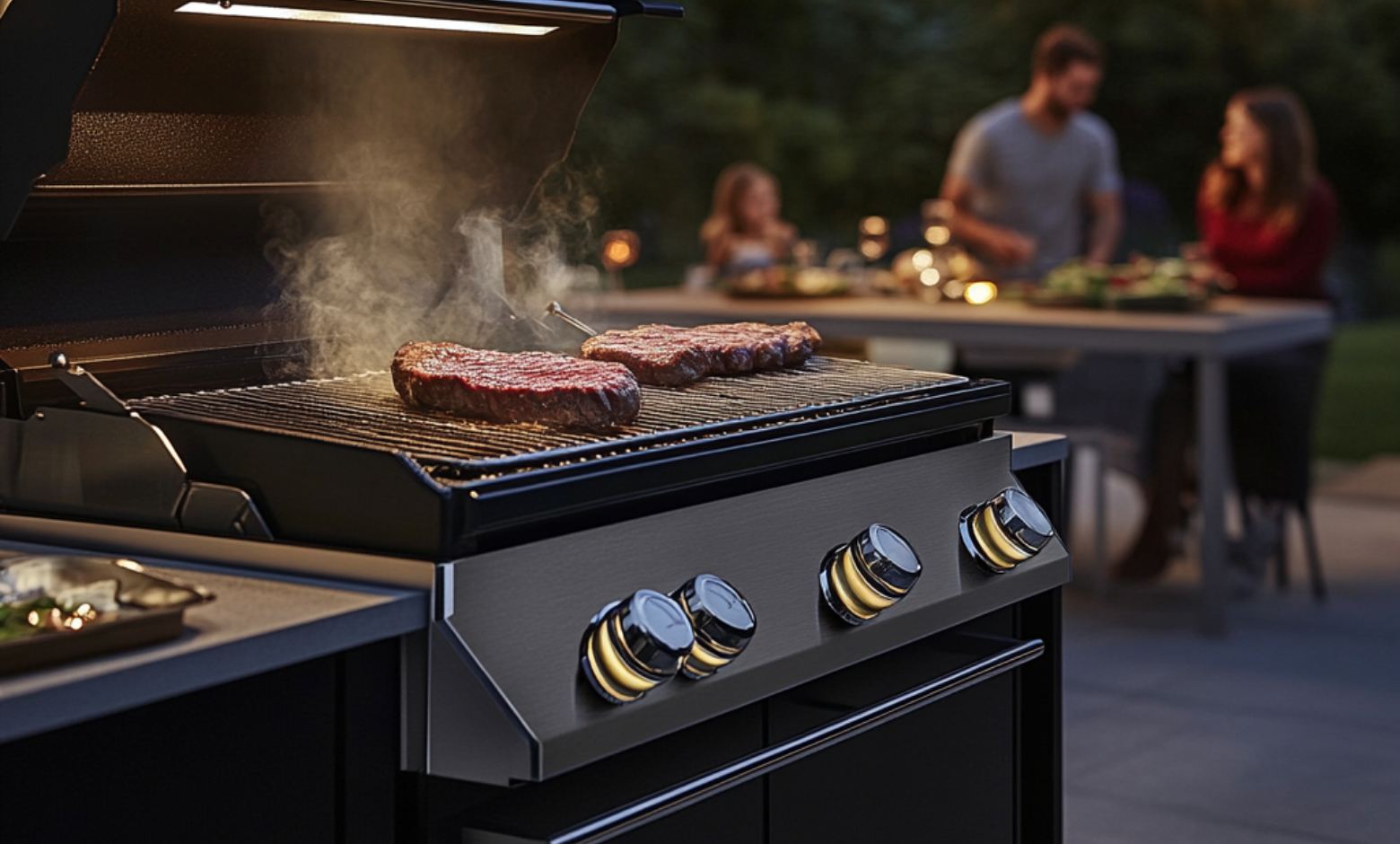How Much Does It Cost to Run a Gas Fireplace?
Posted by Anna William on Apr 10th 2025
A gas fireplace brings warmth and ambiance to your home, but many homeowners wonder how much it costs to run a gas fireplace. The cost depends on several factors, including fuel type, heat output, and regional gas prices. On average, the cost of running a gas fireplace ranges from $0.30 to $1.50 per hour. If used for about four hours a day, this can add $36 to $180 to your monthly energy bill.
The cost to run a gas fireplace is typically lower than traditional wood-burning options, as gas burns cleaner and requires less maintenance. However, the overall cost of running a gas fireplace depends on ongoing expenses like fuel costs, maintenance, and potential repairs. Understanding these expenses allows you to make a well-informed choice on how to heat your home effectively.
Cost Factors for Running a Gas Fireplace
Several elements influence the cost of running a gas fireplace. Whether you’re considering switching to a gas fireplace or looking to optimize your energy usage, these key factors will impact your monthly expenses.
1. Fuel Type
The type of fuel your gas fireplace uses significantly affects your operating costs. Gas fireplaces primarily use either natural gas or propane, each with different price points.
- Natural Gas: The more common option, natural gas, is often more affordable, averaging around $1.50 per therm. A standard fireplace consuming 30,000 BTUs per hour costs about $0.45 to operate per hour.
- Propane: Typically more expensive than natural gas, propane averages around $3.00 per gallon. Since propane fireplaces consume roughly one gallon every three hours, the cost to run a gas fireplace on propane can be $1.00 per hour or more.
The fuel choice you make will significantly impact the cost of running a gas fireplace over time.
2. Heat Output
The amount of heat your gas fireplace generates, expressed in British Thermal Units (BTUs), also impacts its operational costs.
- Low BTU Fireplaces (10,000 – 15,000 BTUs): These smaller units are energy-efficient and cost as little as $0.10 to $0.30 per hour to operate.
- Medium BTU Fireplaces (20,000 – 30,000 BTUs): Standard models used in most homes cost between $0.40 and $0.60 per hour to run.
- High BTU Fireplaces (40,000 BTUs or more): Larger fireplaces designed for heating large areas can cost over $1.00 per hour to operate.
Choosing a fireplace with the appropriate BTU level for your space ensures optimal efficiency and minimizes unnecessary expenses.
3. Location
Your geographic location impacts the cost of running a gas fireplace, as gas prices vary by region.
- Urban Areas: Cities with well-established gas lines often have lower natural gas prices.
- Rural Areas: In more remote areas, propane is often the only option, and prices can be significantly higher.
- State Regulations: Some states impose energy taxes or utility fees, which can add to the cost of running a gas fireplace.
4. Climate
The climate you live in determines how frequently you need to run your fireplace.
- Cold Climates: In areas with long, harsh winters, homeowners use gas fireplaces more often, leading to higher monthly costs.
- Mild Climates: If you live in a region with short winters, you may only use your fireplace occasionally, keeping your costs lower.
Gas Fireplace Ongoing Costs
1. Maintenance
Routine maintenance is necessary to ensure your gas fireplace runs efficiently and safely.
- Annual Inspections: A professional inspection costs $75 to $150 per year.
- Cleaning Costs: Regular cleaning prevents blockages and keeps components functioning properly.
2. Repairs
Over time, parts of your gas fireplace may wear out and require replacement.
- Pilot Light or Thermocouple: $100 - $200
- Gas Valve Replacement: $250 - $500
- Blower Fan Replacement: $100 - $300
While these costs don’t occur regularly, setting aside a budget for potential repairs is wise.
How to Save Money When Running a Gas Fireplace
If you’re concerned about the cost to run a gas fireplace, consider these tips to save money:
- Use a Programmable Thermostat: Set your fireplace to turn on only when needed.
- Zone Heating: Utilize your gas fireplace to warm the rooms you use most often and decrease the setting on your main heating thermostat.
- Improve Home Insulation: Minimize heat escape by effectively sealing windows and doors.
- Schedule Regular Maintenance: Keeping your fireplace in top shape prevents costly inefficiencies.
- Choose an Energy-Efficient Model: Newer models with high AFUE (Annual Fuel Utilization Efficiency) ratings consume less gas.
What Affects the Cost of Running a Gas Fireplace?
Several factors influence the cost of running a gas fireplace:
- Gas Prices: Fluctuating natural gas and propane costs impact your expenses.
- Fireplace Efficiency: High-efficiency models use less fuel and reduce costs.
- Usage Time: The more frequently you run your fireplace, the higher the cost.
- Home Insulation: Homes with quality insulation are more effective at keeping warmth inside, reducing the need for gas heating.
- Venting Type: Direct-vent fireplaces are more efficient than vent-free gas fireplace models.
Final Thoughts
A gas fireplace is a convenient and efficient way to heat your home, but understanding the cost of running a gas fireplace helps you budget accordingly. By choosing the right fuel type, maintaining your unit, and optimizing usage, you can minimize your expenses. Whether you’re installing a new fireplace or looking to enhance efficiency, Embers Living has a wide range of high-quality gas fireplaces to fit your needs. Visit Blazing Embers today to find the perfect fireplace for your home!



